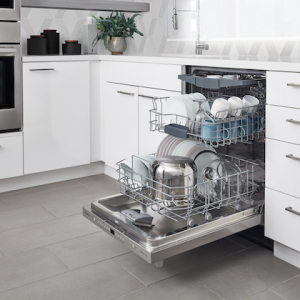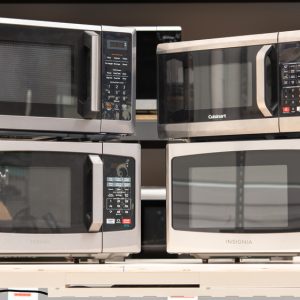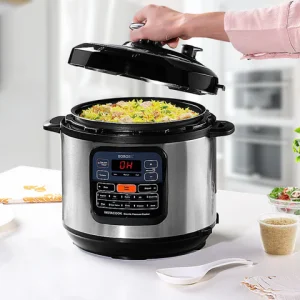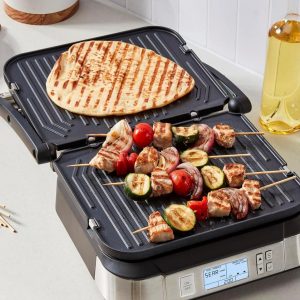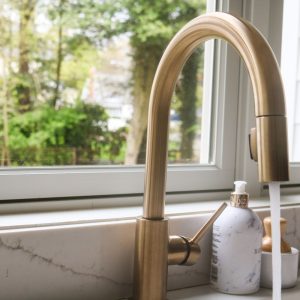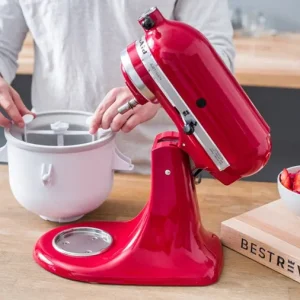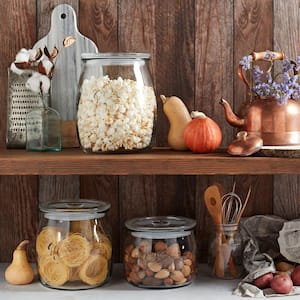
As we become more aware of the impact that plastic has on our environment, many of us are turning to glass jars for food storage. Glass is a great alternative to plastic as it is non-toxic, reusable, and can be recycled infinitely. In this guide, we will explore the various types of glass jars available for food storage, their benefits, and how to use them effectively. Here is our advices to choose Here is our advices to choose The Glass Jars for Food Storage. .
1. Types of Glass Jars
Glass jars come in different shapes, sizes, and styles. Each type has its own uses and benefits. Here are some common types of glass jars for food storage:
Mason Jars
Mason jars are a classic and versatile option for food storage. They come in different sizes and are perfect for storing dry goods such as grains, nuts, and pasta. They are also great for canning and pickling foods.
Weck Jars
Weck jars are a popular choice for preserving produce such as jams and jellies. They have a unique shape with a glass lid and rubber seal. They come in different sizes and are perfect for small-batch preserving.
Kilner Jars
Kilner jars are similar to mason jars but have a twist-top lid with a rubber seal. They are great for storing preserves, sauces, and chutneys. They come in different sizes and are perfect for gifting homemade preserves.
Flip-Top Jars
Flip-top jars have a hinged lid with a rubber seal. They are ideal for storing ingredients that need to be kept fresh, such as coffee beans, tea leaves, and herbs. They are also great for storing homemade salad dressings and sauces.
2. Benefits of Glass Jars
Glass jars offer several benefits over plastic containers. Here are some of the benefits:
Non-Toxic
Glass is non-toxic and does not contain harmful chemicals such as BPA, phthalates, or PVC. This makes it a safe option for storing food.
Reusable
Glass jars can be reused over and over again, making them a more sustainable option than disposable plastic containers.
Recyclable
Glass is 100% recyclable and can be recycled infinitely without losing its quality or purity.
Airtight
Most glass jars come with a rubber seal that creates an airtight seal when closed. This helps to preserve the freshness of food and prevent spoilage.
3. Using Glass Jars Effectively
Using glass jars for food storage requires some care and attention to ensure that they are effective and safe. Here are some tips for using glass jars effectively:
Choose the Right Size
Choose a jar that is the right size for the amount of food you want to store. An oversized jar can lead to air pockets, which can cause food to spoil.
Label Your Jars
Label your jars with the contents and the date they were stored. This will help you keep track of how long the food has been stored and when it needs to be used.
Store in a Cool, Dry Place
Glass jars should be stored in a cool, dry place away from direct sunlight. Sunlight can cause the food to break down and spoil.
Handle with Care
Glass jars can break if mishandled. Always handle them with care and avoid sudden temperature changes, such as placing a hot jar in cold water.
Conclusion
Glass jars offer a safe, reusable, and sustainable option for food storage. They come in different shapes and sizes and are perfect for preserving and storing food. With proper care and attention, glass jars can last a lifetime and help reduce our impact on the environment.
FAQs
- Are glass jars better than plastic for food storage? Yes, glass jars are a safer and more sustainable option than plastic containers.
- Can glass jars be used for freezing food? Yes, glass jars can be used for freezing food but should be filled to leave room for expansion.
- How do I clean glass jars for reuse? Glass jars can be cleaned with warm soapy water and a brush. Any leftover residue can be removed with baking soda and vinegar.
- What is the best way to store glass jars? Glass jars should be stored in a cool, dry place away from direct sunlight.
- Can glass jars be recycled? Yes, glass jars are 100% recyclable and can be recycled infinitely without losing their quality or purity.## FAQs


